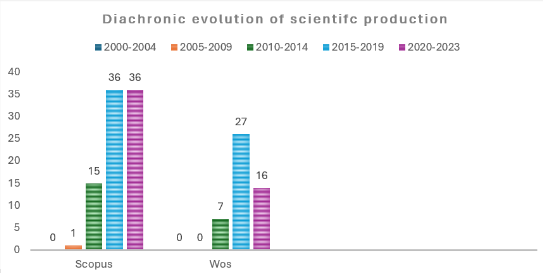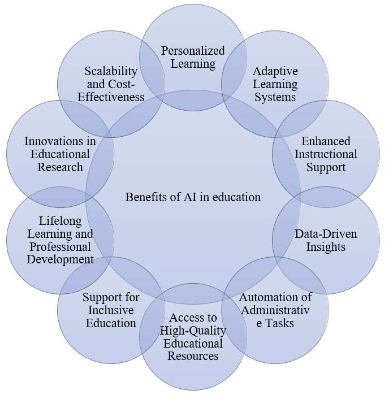Empowering business school global presence: The key role of accreditation
Abstract
Delving into the crucial role of accreditation in elevating the global presence of business schools within higher education, the focus of the research shifts to highlighting the foundational impact of higher education institutions on intellectual, social, and economic development, exploring the integration of global perspectives in universities and colleges. The focus then shifts to business schools, detailing their diverse programs and mission to foster leadership and business acumen. Emphasizing intentional internationalization strategies like enhanced curricula and global partnerships, the paper underscores the transformative nature of this process aligned with the interconnected realities of the business world. Accreditation plays an influential role as a linchpin for collaboration, quality assurance, and global credibility, outlining key dimensions such as global recognition, benchmarking, collaboration, and diverse talent attraction. It concludes by asserting accreditation’s vital role as a compass guiding business school toward excellence and relevance in an interconnected world.
References
[1]UNESCO. What you need to know about higher education. Available online: https://www.unesco.org/en/higher-education/need-know (accessed on 8 January 2024).
[2]Moratis L, Melissen F. Business Schools, Leadership and Sustainable Development Goals. Routledge; 2022. doi: 10.4324/9781003244905
[3]Fabricius AH, Mortensen J, Haberland H. The lure of internationalization: paradoxical discourses of transnational student mobility, linguistic diversity and cross-cultural exchange. Higher Education. 2016; 73(4): 577-595. doi: 10.1007/s10734-015-9978-3
[4]Lanford M. Critical Perspectives on Global Partnerships in Higher Education. Journal of Comparative & International Higher Education. 2021; 13(5): 10-14. doi: 10.32674/jcihe.v13i5.4449
[5]Lanford M. Long term sustainability in global higher education partnerships. In: Al-Youbi A, Zahed A, Tierney WG (editors). Successful global collaborations in higher education institutions. Springer; 2020. pp. 87-93. doi: 10.1007/978-3-030-25525-1_9
[6]Grace B, Ammerman C. How Business Schools Are Really Doing with Diversity. Harvard Business Publishing Education; 2022.
[7]Attree K, Neher A. Does it matter? External stakeholder perceptions towards business program accreditation. Available online: https://www.researchgate.net/publication/377766082_Does_it_matter_External_stakeholder_perceptions_towards_business_program_accreditation (accessed on 8 January 2024).
[8]Emmanuelle G. Reviews of literature on accreditation and quality assurance. International Journal of Reviews. 2023; 1(1).
[9]Aithal PS, Aithal S. Super Innovation in Higher Education by Nurturing Business Leaders through Incubationship. Social Science Research Network. 2024. doi: 10.2139/ssrn.4673874
[10]Avolio B, Benzaquen J. Strategic drivers to approach business school’s accreditations. Journal of Education for Business. 2020; 95(8): 519-526. doi: 10.1080/08832323.2019.1707751
Copyright (c) 2024 Poh-Chuin Teo

This work is licensed under a Creative Commons Attribution 4.0 International License.









